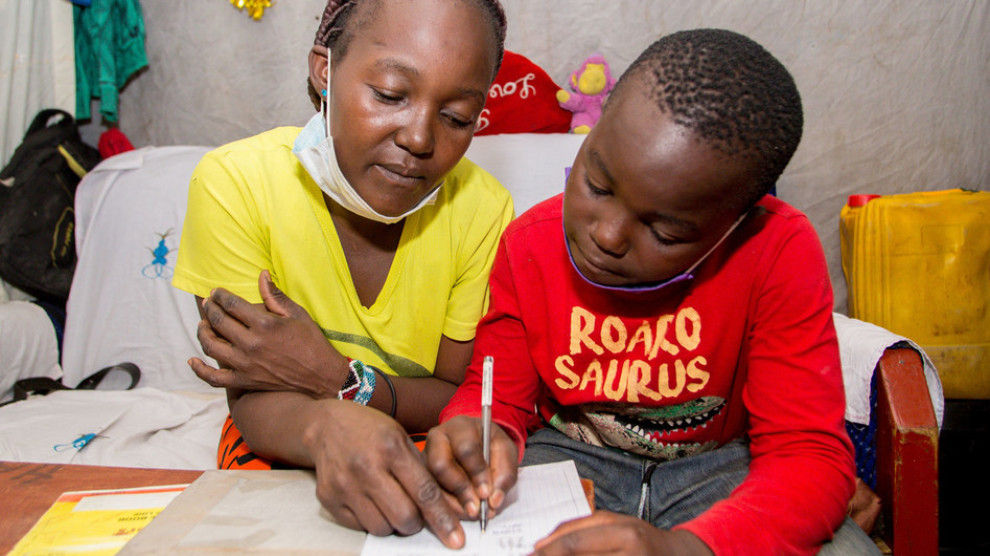UN warns of generational catastrophe over school closures
UN chief outlines ‘bold steps’ for education in the face of COVID-19 disruption.
UN chief outlines ‘bold steps’ for education in the face of COVID-19 disruption.

The COVID-19 pandemic has created the largest disruption to education in history and prolonged school closures could further entrench inequalities in access to learning, the UN Secretary-General said on Tuesday, underlining the need for “bold steps” to address the crisis.
Describing education as “the key to personal development and the future of societies”, António Guterres issued recommendations to get children back in the classroom in a policy brief launched alongside a new global campaign called Save our Future.
“As the world faces unsustainable levels of inequality, we need education – the great equalizer – more than ever,” he said in a video message.
“We must take bold steps now, to create inclusive, resilient, quality education systems fit for the future.”
COVID-19 and the classroom
The UN estimates that the pandemic has affected more than one billion students worldwide.
Despite efforts to continue learning during the crisis, including through delivering lessons by radio, television and online, many are still not being reached.
The UN chief said learners with disabilities, members of minority or disadvantaged communities, as well as refugees and displaced persons, are among those at highest risk of being left behind.
Even those students who can access distance learning face challenges, as success depends on their living conditions, and other factors such as fair distribution of domestic duties.
Looming potential catastrophe
A learning crisis existed even before the pandemic, the Secretary-General said, as more than 250 million children were out of school.
Furthermore, only a quarter of secondary school children in developing countries were leaving school with basic skills.
“Now we face a generational catastrophe that could waste untold human potential, undermine decades of progress, and exacerbate entrenched inequalities,” said Mr. Guterres. “The knock-on effects on child nutrition, child marriage and gender equality, among others, are deeply concerning.”